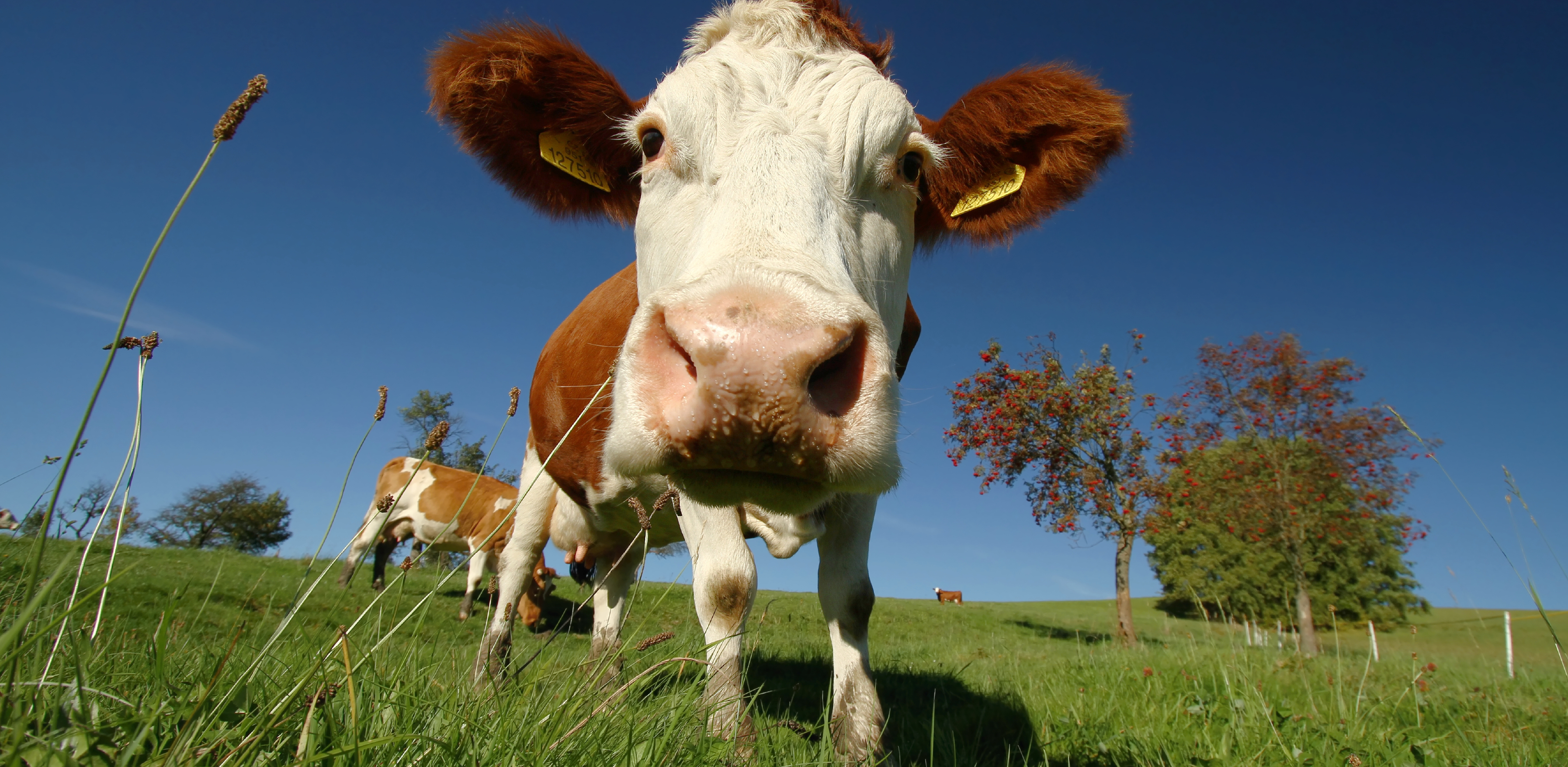Climate Change Committee report shows little evidence of progress to net zero target
The Climate Change Committee (CCC) – the UK climate change watchdog – yesterday published a number of new reports on progress towards the UK achieving net zero greenhouse gas emissions by 2050.
In the report to Parliament, the CCC had six key messages:
- The UK Government now has a solid Net Zero strategy in place, but important policy gaps remain. These are particularly apparent in agriculture and land use, building and home energy efficiency (e.g. home insulation), and electricity generation.
- Tangible progress is lagging the policy ambition. With an emissions path set for the UK and the Net Zero Strategy published, greater emphasis and focus must be placed on delivery.
- Successful delivery of changes on the ground requires active management of delivery risks. Not all policies will deliver as planned. Some may be more successful than expected, while others will fall behind.
- Action to address the rising cost of living should be aligned with Net Zero. There remains an urgent need for equivalent action to reduce demand for fossil fuels to reduce emissions and limit energy bills. Current Government strategy to reduce household costs relies too heavily on fossil fuels.
- Slow progress on wider enablers. The Net Zero Strategy contained warm words on many of the cross-cutting enablers of the transition, but there has been little concrete progress.
- The UK must build on a successful COP26. The UK presidency of the UN COP26 climate summit in Glasgow last November successfully strengthened long-term global ambition and introduced new mechanisms to support delivery. It should prioritise making those new mechanisms work in practice and strengthening global 2030 ambition, while preparing for a focus on climate finance and adaptation at COP27 in 2022 and COP28 in 2023.
In response to the report during questioning from the Environmental Audit Committee (EAC) yesterday afternoon, the Secretary of State George Eustice said that the CCC had failed to take into account the possible contributions of future technological innovations. However, the report suggests that the Government is relying too heavily on future technologies, rather than following the CCC’s recommended “balanced pathway”.
In response to the EAC, the Secretary of State noted, in particular, technologies in development to reduce methane emissions from livestock. This is despite the fact that scientific consensus shows that one of the fastest ways to reduce methane emissions would be a reduction in meat eating. There is currently no Government policy to promote less meat eating and the Secretary of State has recently said that the Government has no intention to tell the public to eat less meat.
